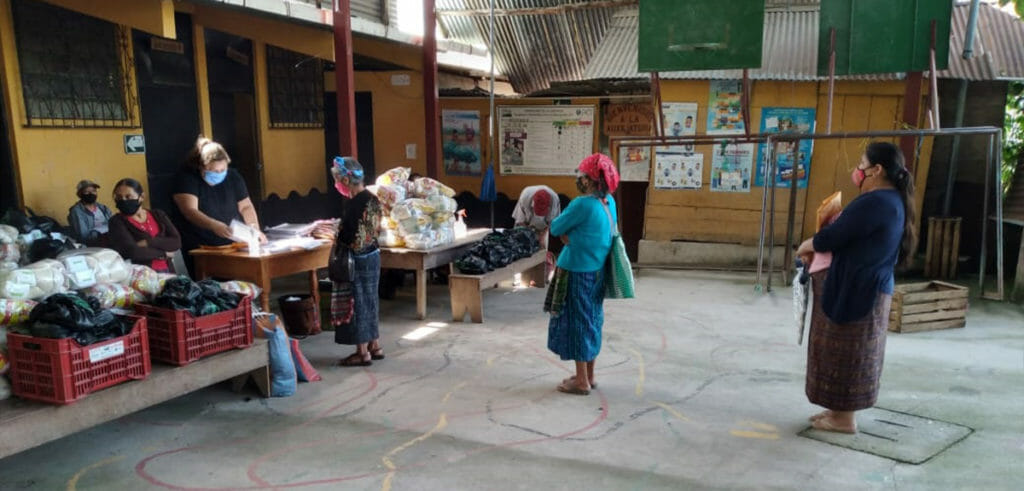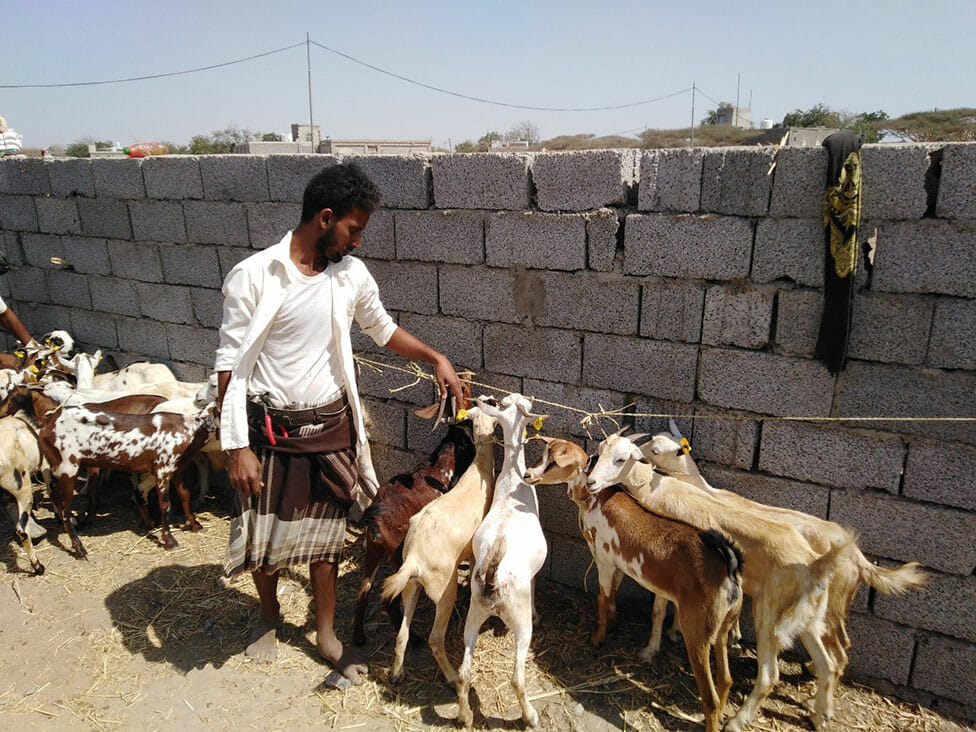Our programs work to provide or restore agricultural livelihoods opportunities, improve agricultural production and food availability, and promote self-reliance by reducing food aid dependency, even while meeting immediate, lifesaving food needs during periods of conflict or disaster. The availability of food production and agricultural livelihoods is intrinsically linked with the ability of families and communities to access nutritious food in a humanitarian crisis.
As part of our commitment to holistic food security, we support improved agricultural livelihoods by providing critically needed agricultural inputs, such as seeds, tools and fertilizer, to crisis-affected households. We support farmers to re-start their productive livelihoods and earn income, and accompany inputs with technical assistance on appropriate farming methods. We also support the use of climate-smart technologies such as urban gardens, micro-irrigation, seed multiplication and rainwater harvesting. Where appropriate, we also provide livestock inputs and technical assistance around appropriate livestock care, to support livestock-rearing households to generate income.
Our Approach
Global Communities supports food production by strengthening agricultural livelihoods. For example, in Syria, we rehabilitate critical infrastructure along the wheat-to-bread value chain, including mills and bakeries, to ensure that the infrastructure is in place to sustainably support local food production. We also support households to establish small gardens to provide fresh fruits and vegetables for consumption to support a nutritious diet.
Global Communities’ programs are balanced between food aid and livelihood promotion, with a focus on sustainable support, aiming to reduce food aid dependency, improve household nutrition and food availability, provide income and transition targeted groups from relief to sustainable livelihoods.
Our work in this area reaches
Resources
Research & Publications
Humanitarian Assistance, Resilience, and Rebuilding: The Long-term Impact of the Neighborhood Approach on Post Earthquake Haiti
Summary of FindingsA Post-Project Sustainability Study of The KATYE Project The January 12, 2010 earthquake in Haiti was the largest natural disaster in the country’s history. Residents were confronted with a tragedy of monumental scale and the daunting task of building back. Among the hundreds of projects implemented in response to the disaster was the…
NEWS
Latest stories from the blog

Emerging Farmers Partnership GDA
This article was originally published by USAID. Zambia’s development holds much promise but faces much peril. Urban economic growth has boomed, however rural areas have …
Read More
‘Our Harvest’ Project Delivers Food, Hope to Guatemalan Families
Since the Government of Guatemala announced a “state of calamity” following the outbreak of the COVID-19 pandemic in Guatemala, PCI, a Global Communities Partner, has …
Read More
USAID Mission Director Sheryl Stumbras at Emerging Farmers Partnership Launch and MOU Signing
This article was originally published by USAID. Harry Ngoma, USAID/Zambia Minister of Agriculture Honorable Michael Katambo, Global Communities COP Nobel Moyo, Corteva Country Director Samson …
Read More






